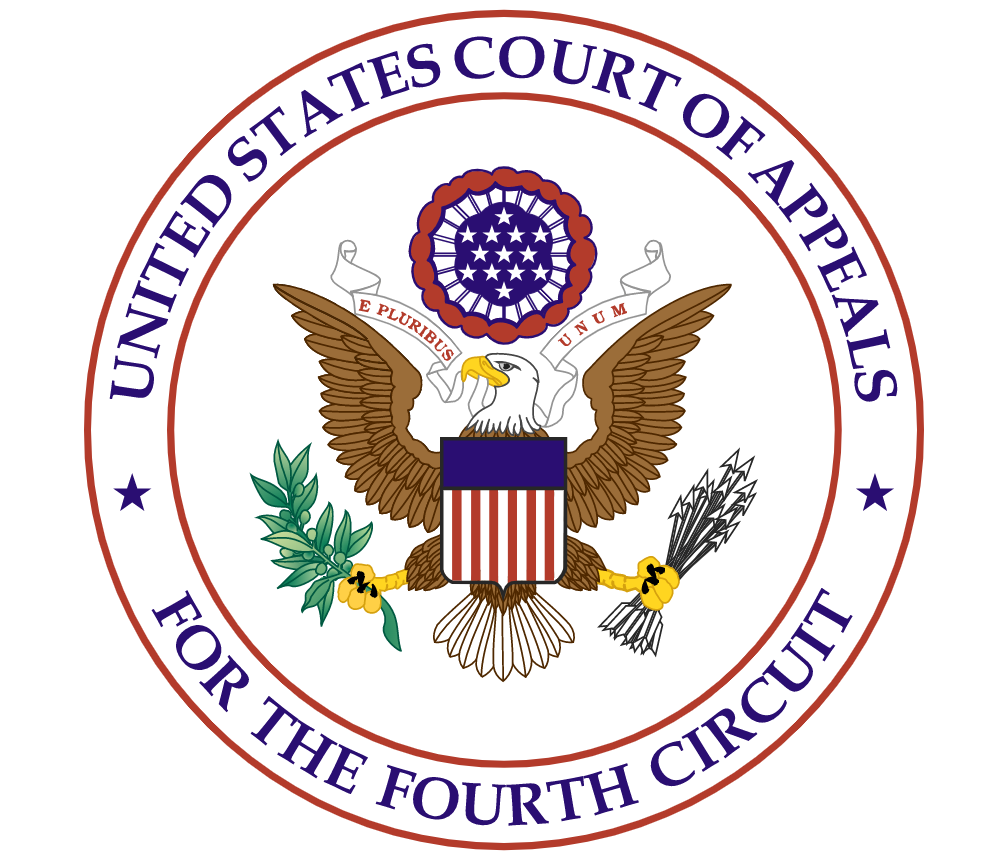Williams v. Kincaid Addresses ADA Protection for Gender Dysphoria
By Julia Gaffney, law student intern
Last week the Fourth Circuit Court of Appeals held that individuals who experience gender dysphoria can be protected from discrimination under the Americans with Disabilities Act (ADA) and the Rehabilitation Act.
Kesha Williams, a transgender woman with gender dysphoria, was incarcerated for six months in Fairfax County Adult Detention Center. Although she was originally assigned to be housed with female inmates, when the prison officials found that Ms. Williams is transgender they moved her to the male housing section. They also refused to provide Ms. Williams with her medical hormone treatment, which she had been taking for fifteen years to treat her gender dysphoria, intentionally misgendered her, and physically harassed her. When she was released, Ms. Williams filed a § 1983 action against the Sheriff of Fairfax County, a prison deputy, and a prison nurse alleging ADA violations, constitutional violations, and state law violations. The district court dismissed Williams’ claims under the ADA and Rehabilitation Act holding that gender dysphoria does not constitute a disability under those statutes. The district court dismissed her complaints for failure to state grounds for relief and for statute of limitations reasons.
The Fourth Circuit reversed and remanded the district court’s decision. As the Fourth Circuit noted, the ADA and Rehabilitation Act define disability as “a physical or mental impairment that substantially limits one or more major life activities of such individual.” However, the ADA excludes from the definition of disability, among other conditions, “gender identity disorders not resulting from physical impairments.” The district court held that gender dysphoria falls under this exclusion and therefore is not protected by the ADA.
The Fourth Circuit disagreed for three reasons. First, it noted that medical consensus is that gender dysphoria is a different condition than the previously-used term “gender identity disorder.” Whereas “gender identity disorder” relates only to the incongruence between a person’s gender identity and their assigned sex, in the words of the court gender dysphoria “concerns itself primarily with distress and other disabling symptoms, rather than simply being transgender.” In responding to the ADA claim, the Court relied on the recent update of the Diagnostic and Statistical Manual of Mental Disorders (“DSM”) to remove “gender identity disorders” and add the diagnosis of “gender dysphoria.” In further support of this reading of the statute, the court noted that the 2008 amendments to the ADA made clear that the statute’s reach was to be construed as broadly as possible to protect people from discrimination.
Second, the Court addressed whether gender dysphoria falls into the category of a gender identity disorder that results from a physical impairment, which is explicitly protected under the ADA. The defendant had conceded that gender dysphoria could result from physical impairments, but argued that the plaintiff in this case had not sufficiently pleaded that her gender dysphoria resulted from physical impairments. The Court disagreed, finding that Ms. Williams alleged sufficient facts to render plausible the inference that her gender dysphoria resulted from physical impairments. The Court found that the fact that Ms. Williams’ gender dysphoria required physical treatment (hormone therapy), that without it she suffered physical distress, and that there is medical literature suggesting a physical basis for gender dysphoria, was sufficient to meet the pleading standard.
Finally, the Fourth Circuit assessed the constitutionality of the statutory provision excluding “gender identity disorders not resulting from physical impairments” from ADA protection. The Court found that, because many transgender people experience gender dysphoria, “a law excluding from ADA protection both ‘gender identity disorders’ and gender dysphoria would discriminate against transgender people as a class,” which could violate the Equal Protection Clause of the Fourteenth Amendment. The Court had previously held that intermediate scrutiny applies to claims of unconstitutional discrimination against transgender people, which would find such laws unconstitutional unless they were “substantially related to a sufficiently important governmental interest.” The Court found that there could be no legitimate reason for Congress to exclude transgender people who suffer from gender dysphoria from the ADA’s protection, and thus read the ADA to protect people who experience gender dysphoria in order to avoid that Constitutional issue.
While the case has been remanded for further proceedings consistent with the Fourth Circuit opinion, the Court emphasized the long and significant discrimination against transgender people and made clear the need for equal access under the law for people suffering from gender dysphoria, specifically in prison settings.
If you have experienced discrimination on the basis of disability or gender, please contact our attorneys at (617) 742-6020.
 Boston Lawyer Blog
Boston Lawyer Blog







